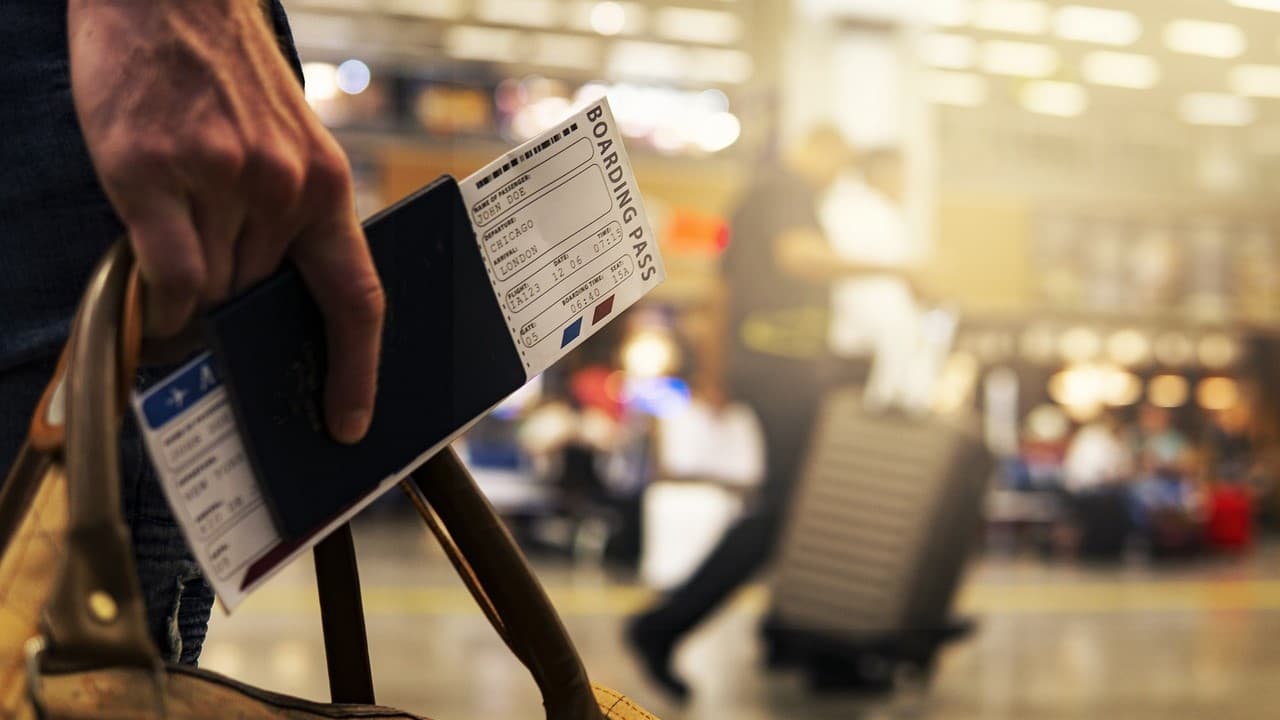EU case law: Air passengers' right to compensation

The Court of Justice of the European Union (hereinafter: “CJEU”) has ruled in cases C-474/22 and C-54/23 (hereinafter: the “judgments”) that passengers do not have the right to compensation in cases where they do not check in for a flight with significant delay, or if purchasing a ticket for an alternative flight enables them to arrive at the final destination with less than three hours of delay.
In the specific cases, there was a forecasted delay of more than three hours for two flights between Düsseldorf and Palma de Mallorca. Because the passengers were concerned that the delay of the flight for which they had a reservation would cause them to miss a business meeting, they decided not to go to the airport. The first passenger's flight then actually arrived with a delay of 3 hours and 32 minutes, while the second passenger independently booked an alternative flight, arriving at the final destination with less than three hours of delay compared to the original flight. Both passengers filed lawsuits against the airline before the German courts, claiming a compensation of EUR 250, as provided by Regulation (EC) No 261/2004 of the European Parliament and of the Council of 11 February 2004 establishing common rules on compensation and assistance to passengers in the event of denied boarding and of cancellation or long delay of flights, and repealing Regulation (EEC) No 295/91 (hereinafter referred to as the “Regulation”).
The German Federal Court, within the framework of national proceedings, referred a request to the CJEU for a preliminary ruling, specifically addressing the question of whether an air passenger, if a flight is announced to be delayed by at least three hours compared to the originally scheduled arrival time, has the right to compensation if they do not check in for the flight or if they independently book an alternative flight, enabling them to arrive at the final destination with less than a three-hour delay.
In its judgments, the CJEU clarified that the passengers in the specific cases do not have the right to compensation under the Regulation. The CJEU also pointed out the existing case law, which equates passengers with delays of three hours or more (referred to as significant delay) with passengers whose flights have been cancelled. The main connecting element between them is the fact that passengers of significantly delayed flights, like those of cancelled flights, suffer damage in the form of an irreversible loss of time equal to or in excess of three hours.
Regarding the specific cases, the CJEU explained that the first passenger, who did not show up at the airport at all, likely did not suffer such a loss of time. This means that passengers with significantly delayed flights are not exempt from the obligation to check in for the flight, unlike passengers whose flights are cancelled, and for whom such exemption is expressly provided by the Regulation.
Likewise, the CJEU considered that the second passenger, who voluntarily did not board the flight for which they had a confirmed reservation, and who arrived at the final destination with less than three hours of delay compared to the originally scheduled arrival time due to an alternative flight they booked on their own initiative, did not suffer a loss of time.
Address
Dalmatinova ulica 2
SI-1000 Ljubljana
Slovenia